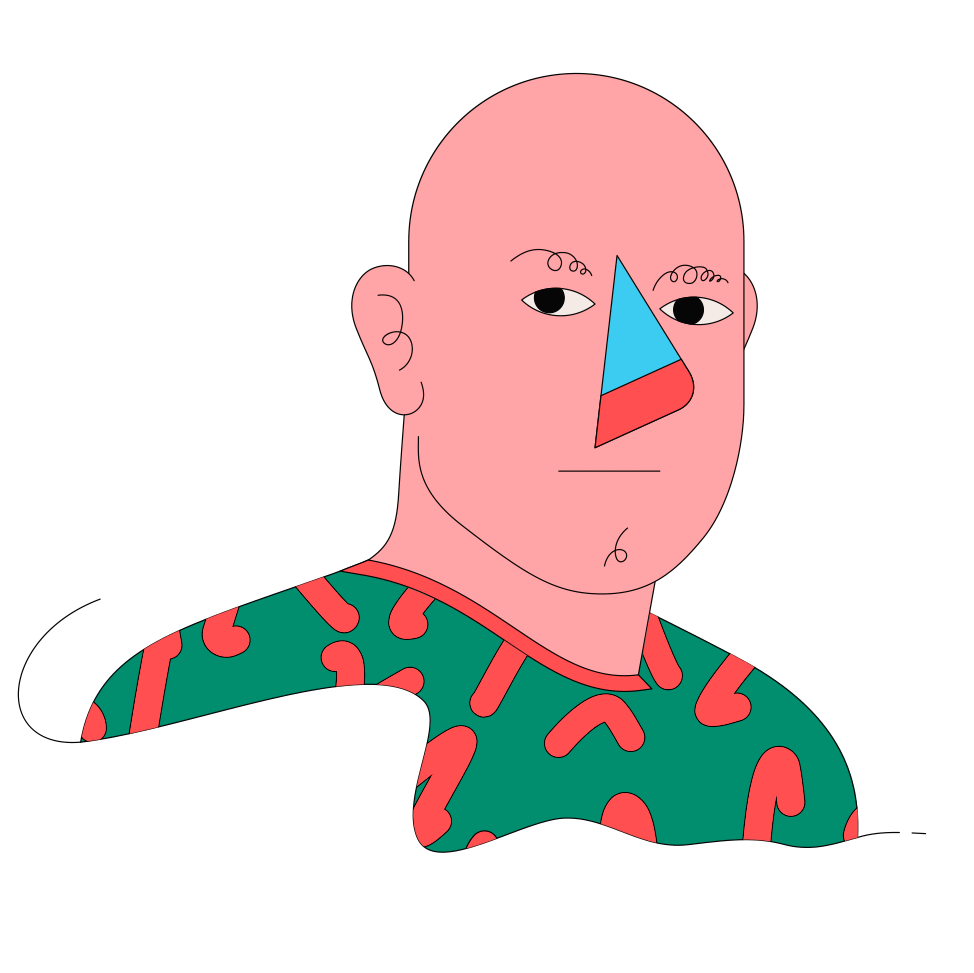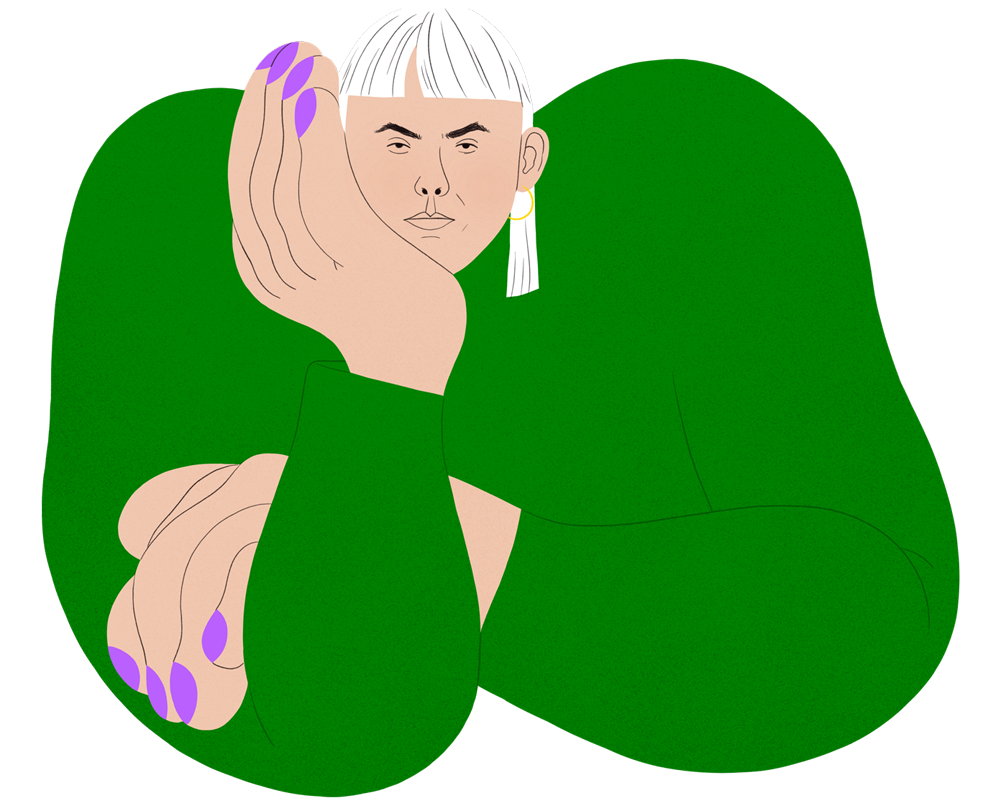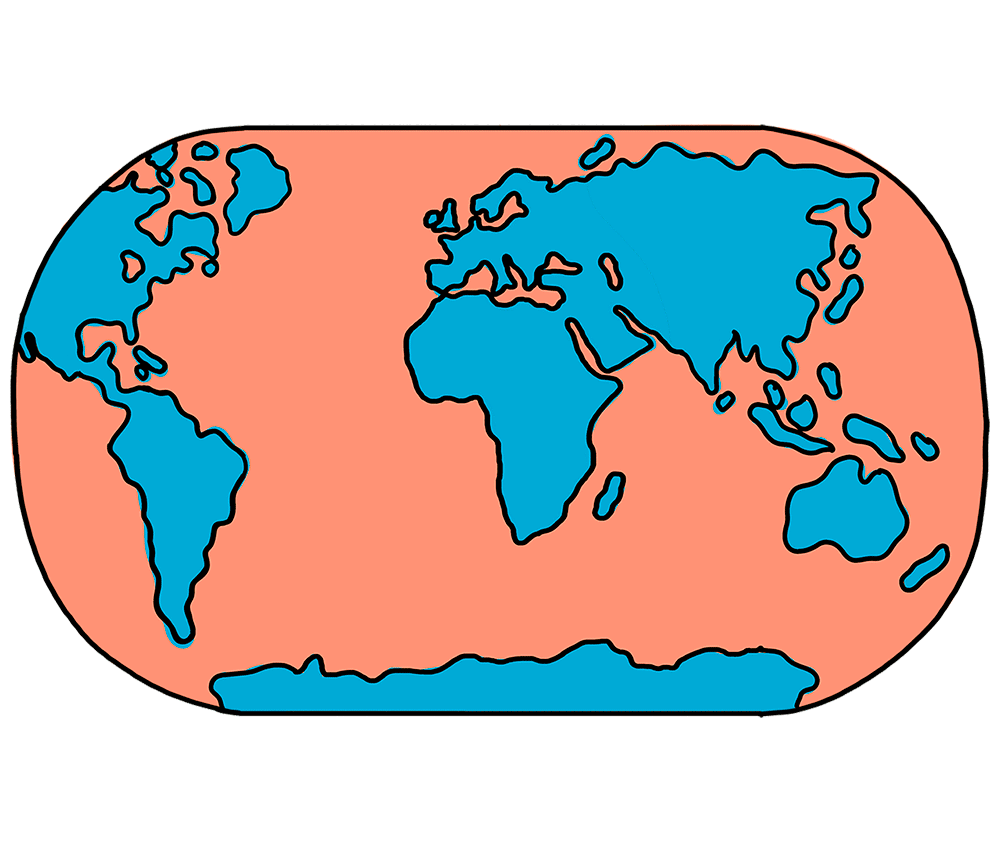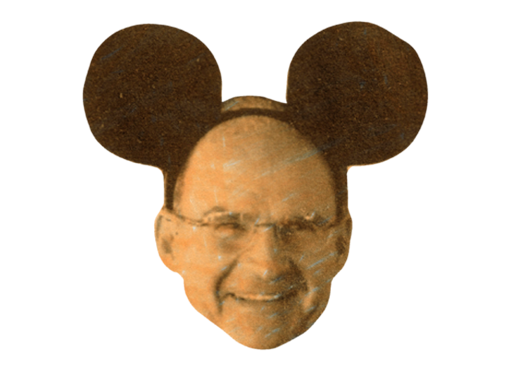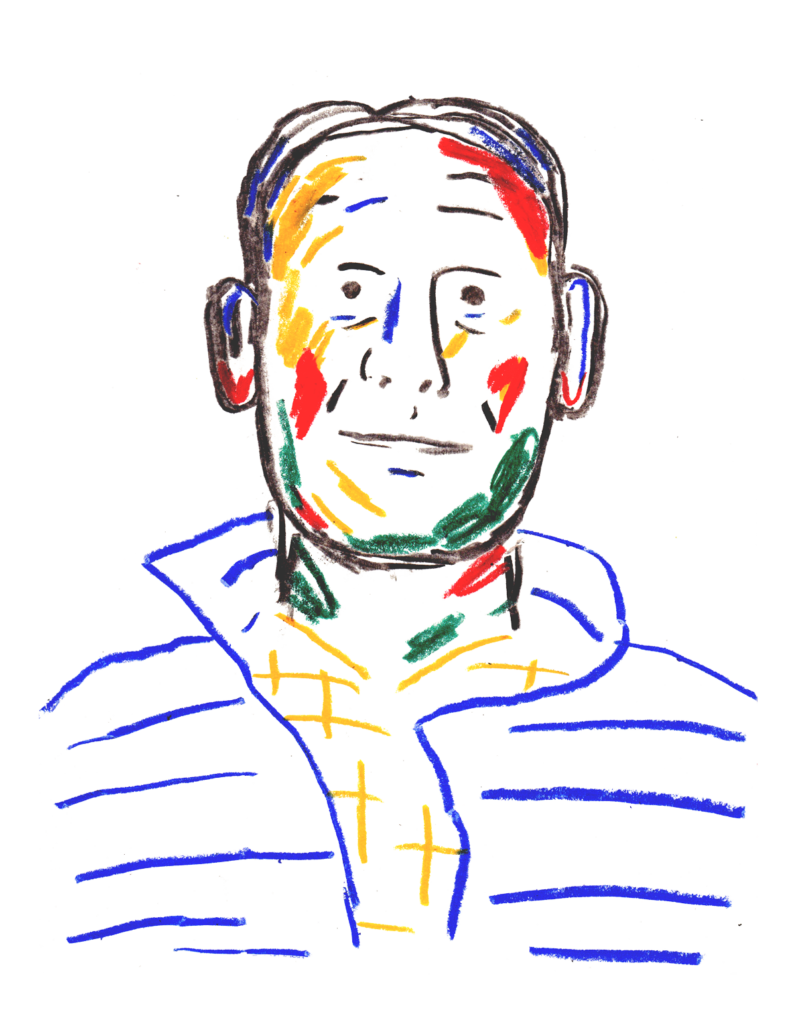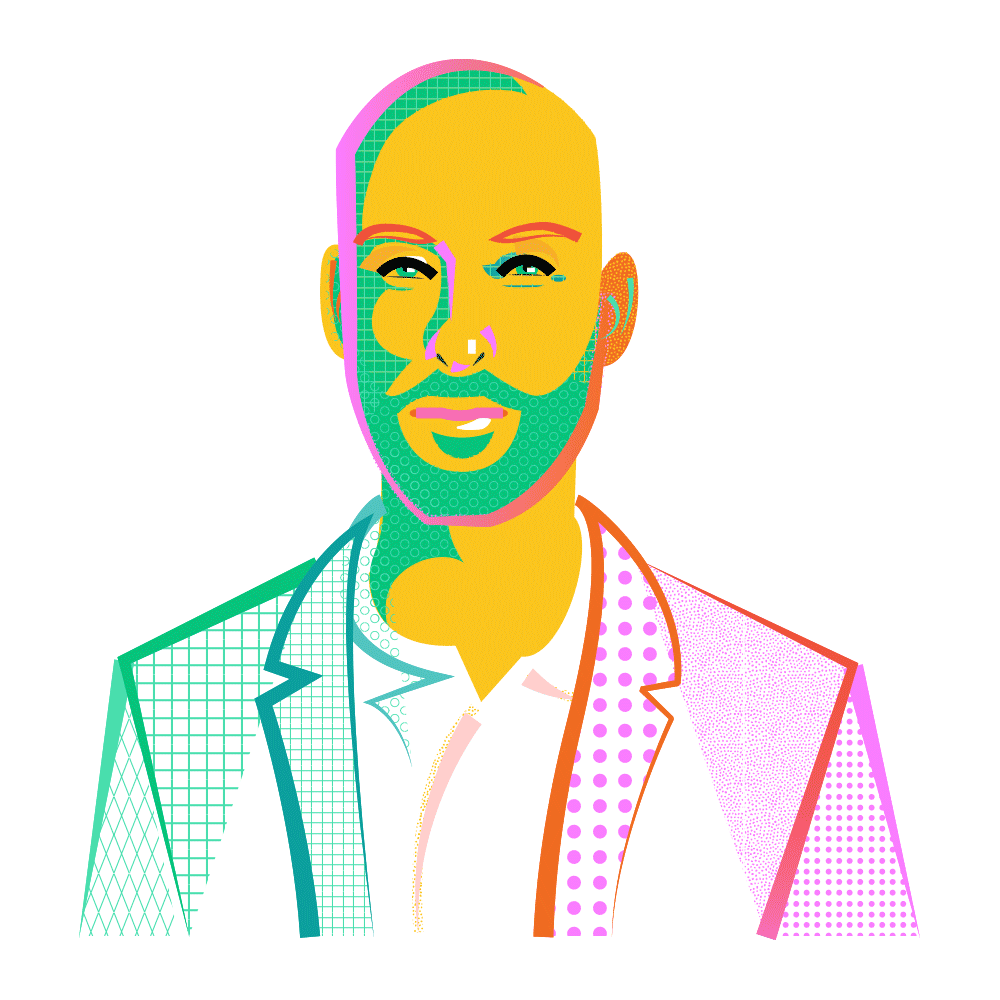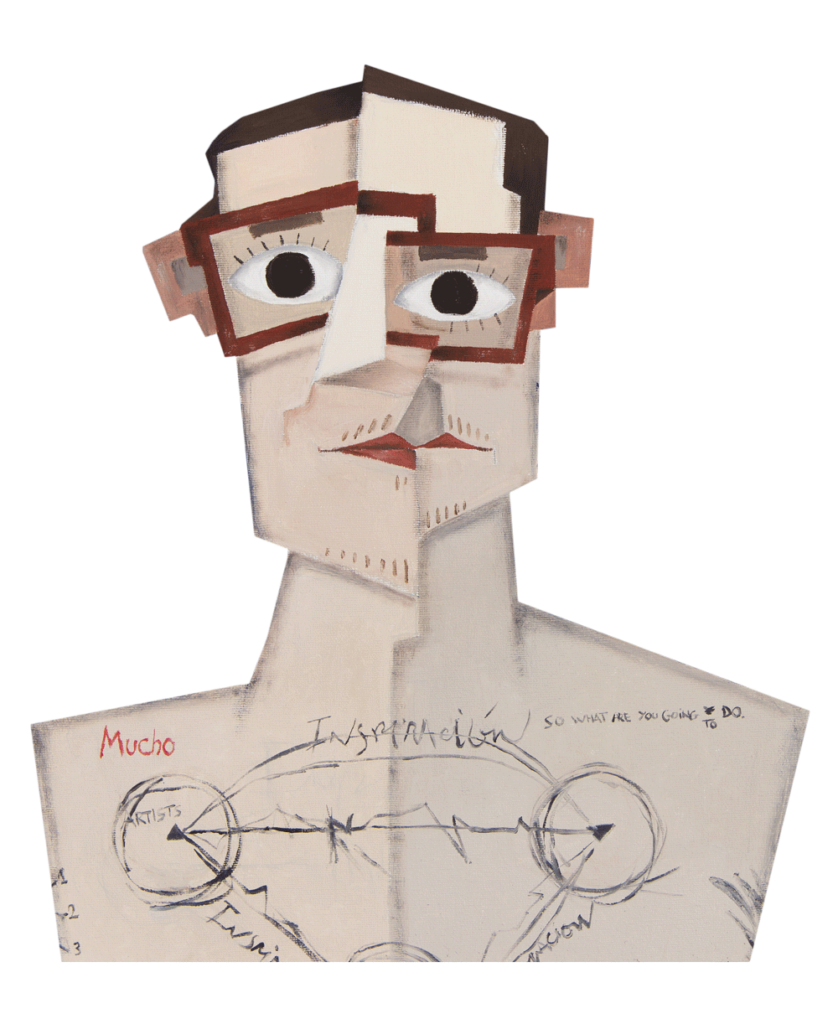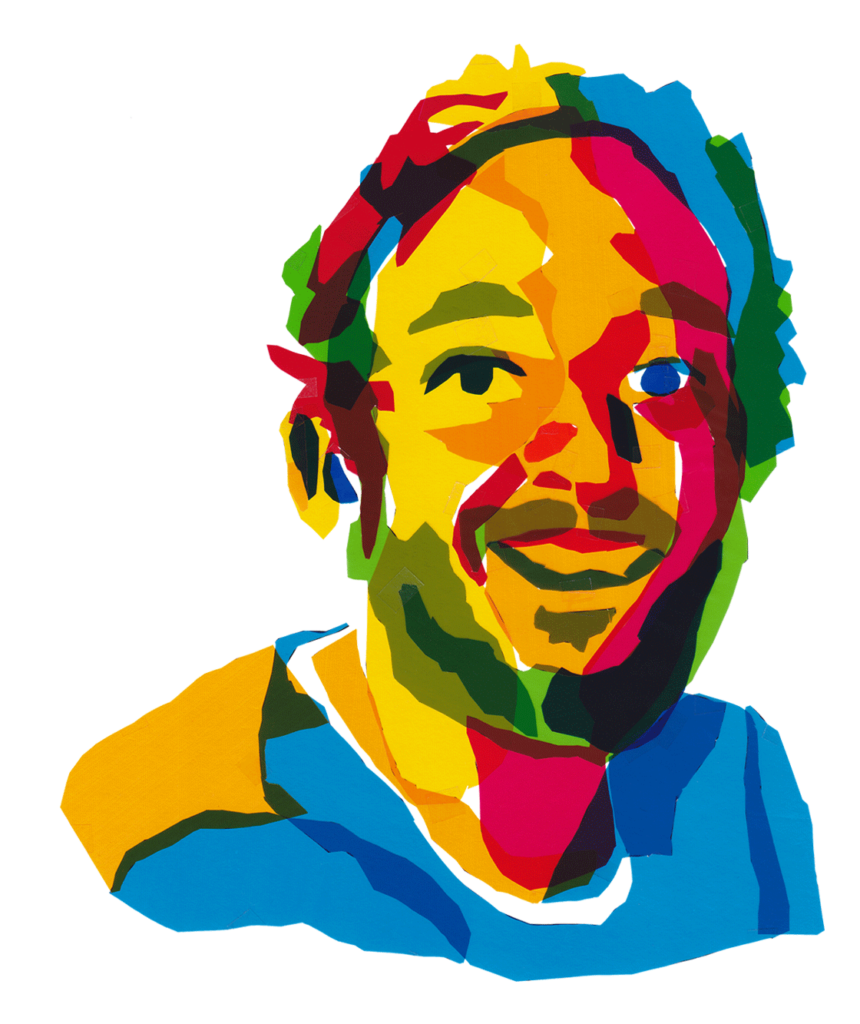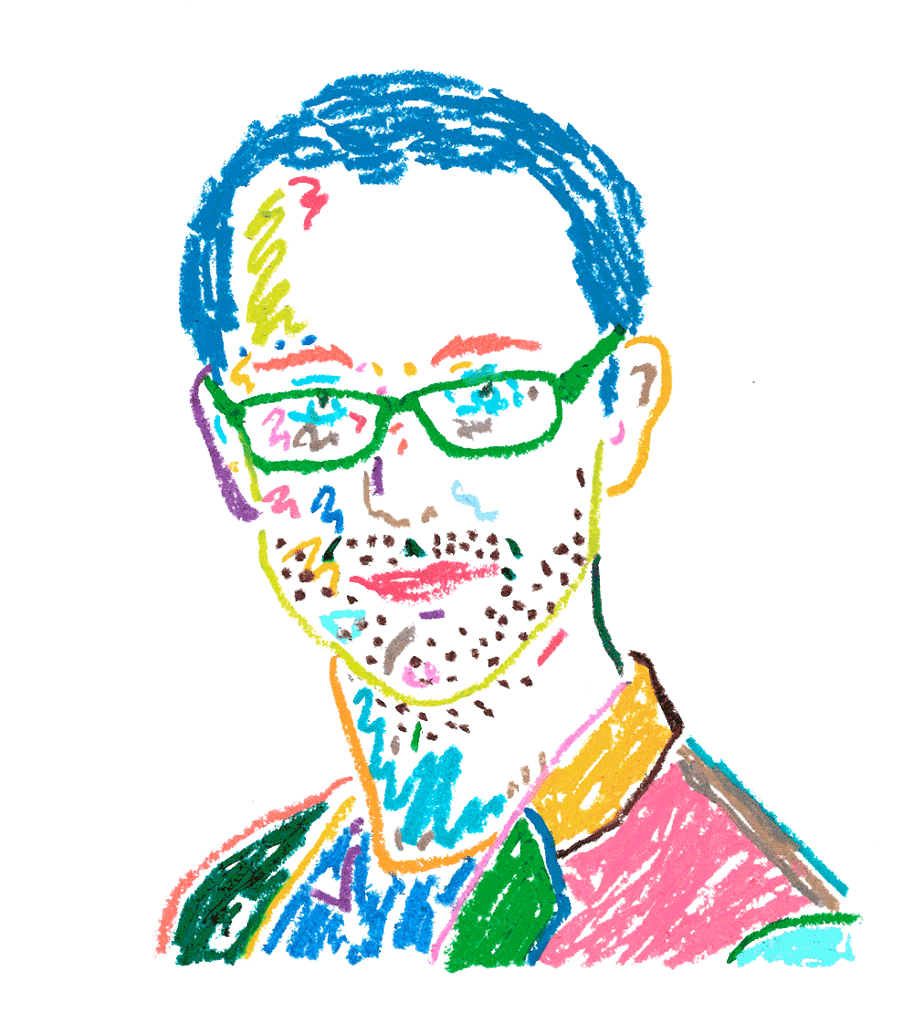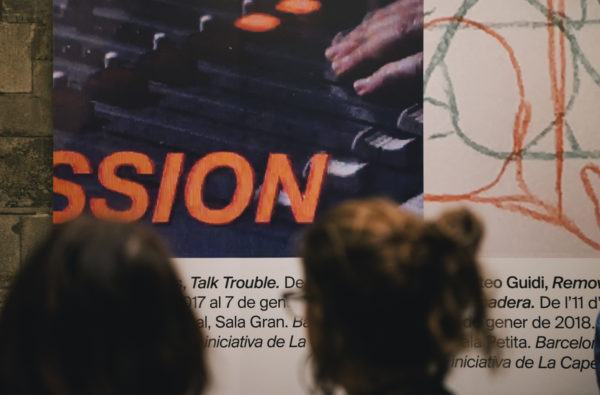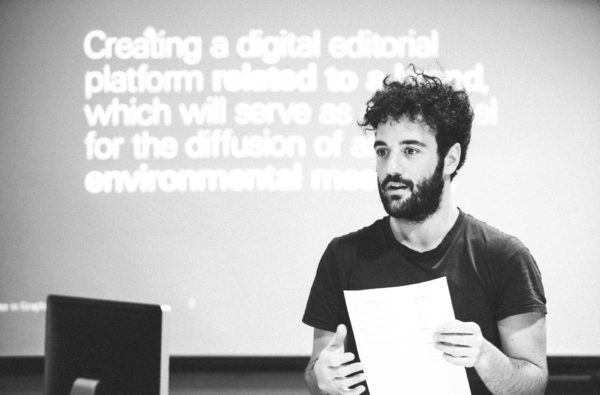All is not what it seems, and sometimes we should be bold in order to innovate. Our times are at a turning point and 18-year-old Elise By Olsen, editor-in-chief and curator, has ideas about how we can actively create the future. A few weeks ago she told us how she’s trying to change the current system and how she makes sense of publishing, fashion, education, and ourselves —wrapped up in a post-internet digital era, still searching for real life experience.
What kind of language speaks to generation Z?
I was 13 when I started publishing. A lot of the people who were working with me at the time were also around that age, and we were very aware of our responsibility. We did a lot of street casting back then, before it became a common thing in the fashion world. We wanted versatility, to include more than one type of human. When we did any retouching we placed a warning around the image, and we did the same for ads. We needed advertisement to survive, but we also felt we should state what is branded or commercial content, and we took this very literally. To the advertisers, we said their ads were going to stand out, and to our readers we said tear them out and throw them away.
Are brands and media lagging behind?
When I started I felt like there were no youth magazines that portrayed youth in a proper way. They all had the same story: a Disney-like approach, talking solely about celebrities, beauty products, and puberty stuff. Young people needed an alternative to that sort of mainstream press and to be taken seriously.
How can brands invent the future?
Brands should use their responsibility to create young talent and to allow talent to do whatever they want. I understand that this is also a strategy to create value around the brand, but I don’t see a problem with this as long as they’re being transparent about it. For my documentary, I bluntly asked for funding and Gucci agreed, because I in return can give them an audience they want to reach. I want to see more brands being generous with their money in order to support artists, musicians etc.
Has the world learned to listen to the young?
A lot has changed. We’ve gone from very few young people being represented, to young people being glamorized and exploited. I believe it’s important to be aware of this. When a brand wants to collaborate with an artist, they tend to offer empty checks, selling visibility and experience. It’s at this point that you need to either stand up for what you’re worth or do the ad campaign in order to get funding for your own projects afterwards. It’s important to understand how to take money from the system and use it for something you feel is for the better. Because the money’s already out there.
I’m recently released my first documentary with Gucci. The film is about my resignation as the editor-in-chief of Recens and why I did it. It’s about being conscious about having a power position, and it’s a bit of a middle finger to the whole fashion industry and brand culture, sponsored by a fashion brand. It’s an ironic statement, and it sometimes makes me feel like a double agent. I want to be critical, but I believe I can’t change the system if I’m not inside of it.
You were 13 when you entered the scene, and it has become completely normal for 16-year-olds to be musicians, influencers, photographers etc, who are being taken seriously. Do we mature at an earlier age?
It’s a cliché, but I firmly believe in keeping your inner child, and not worrying too much about the consequences. That’s what makes young people young: they don’t have that kind of fear and aren’t so self-aware yet. It’s hard to say if we mature at an earlier age though. What is maturity even? I think people now discover things earlier because of the Internet. I have a 4-year-old nephew and he’s been managing an Ipad for over a year. It’s why education is slightly outdated because kids already know where to get their information. The internet created a different understanding of the world.
You’re self-educated, largely by using the Internet. Are schools not getting it?
I believe schools should essentially teach kids how to reflect and be critical towards all the information we receive. It’s basically why mental health is becoming such a problem right now, because people are fed so much information they don’t know how to process it anymore. So we just take it all in: what we’re supposed to look like, what to feel like, what to buy.
The educational system is not enough anymore?
It’s not even about not enough. Education has become completely irrelevant. I tried going to media high school for a while but it didn’t make any sense. Teachers were trying to teach us about social media, while we already understood and experienced them in a completely different way. It made me very critical.
How are you trying to be educational then?
I started doing more talks and lectures this year, but I don’t see it as teaching. It’s more of a talk about my experiences, like a conversation which asks the right questions to the students, to make them reflect. I want them to see things clearly and feel accepted, because people are under so much pressure, economically and socially, especially in the big institutions like Saint Martins or Parsons.
Has the internet and social media shaped a new sort of identity?
Social media is impacting everyone, yet I don’t think it has changed our identity per se. Rather it has made us able to create our own. You can be whoever you want to be online, you can dress however you want, say whatever you want. I’m from the suburbs of Oslo, and no one really cared about the stuff I cared about. It felt like the best day of my life when I found an online community that was like-minded and accepting.
I think a lot about the mythology we create around ourselves. I do many different things and I might seem extremely busy. Yet I’m a lot about logging off too. It’s why I still live with my parents in Oslo, and it’s why I go into nature a lot to climb. I think it’s really important to clear your mind because there’s so much going on. And people forget that. They work in this crazy speed and are stressed, when you sometimes need to be in silence for a while and have solitude. Otherwise you can’t function as a creative person. Being bored is extremely powerful. We should try not to rush around all the time.
Even though we become more knowledgeable at an earlier age, studies show youth are having a lot of experiences at a later stage, largely they have been replaced by a digital version. How can we create human experiences on the internet and social media?
I don’t know if it’s possible. I think we should start by trying to build bridges between the physical and the digital universe. We should use the digital format for what it’s made for: music, graphics, video, GIFs, sound, basically everything that can’t be printed. The physical product then should be used for what it’s supposed to be used for: printed photos, long reads, everything giving a materialistic experience of content. We need experiences.
Everything is about experience now, even in the fashion industry, for example, with Gucci transferring the brand onto a Gucci museum.
I’m not that interested in fashion brands. I feel like there’s a lot of the same. Fashion always brings back 70s pants and 90s sports logos, as if it’s a cycle we continuously go through. I think it’s time to think forward and actually create something new. It’s like we just repeat all of these things, whereas we have the technology to move forward and recycle creative forces.
What does this recycling mean if it shouldn’t be based on the past?
Recycling is something we can all relate to in a way. It’s a positive word. To me, recycling means making space for something new. It’s about having a future optimistic view and inventing the future. We need to embrace long term futures and empower young people and their fresh ideas. New generations must to learn to transform, improve and recycle the existing. We are the future. We create our past when we create our future. So we should actively try creating the future rather than seeing it as a destination. It should be a tool to get to a desired place.






